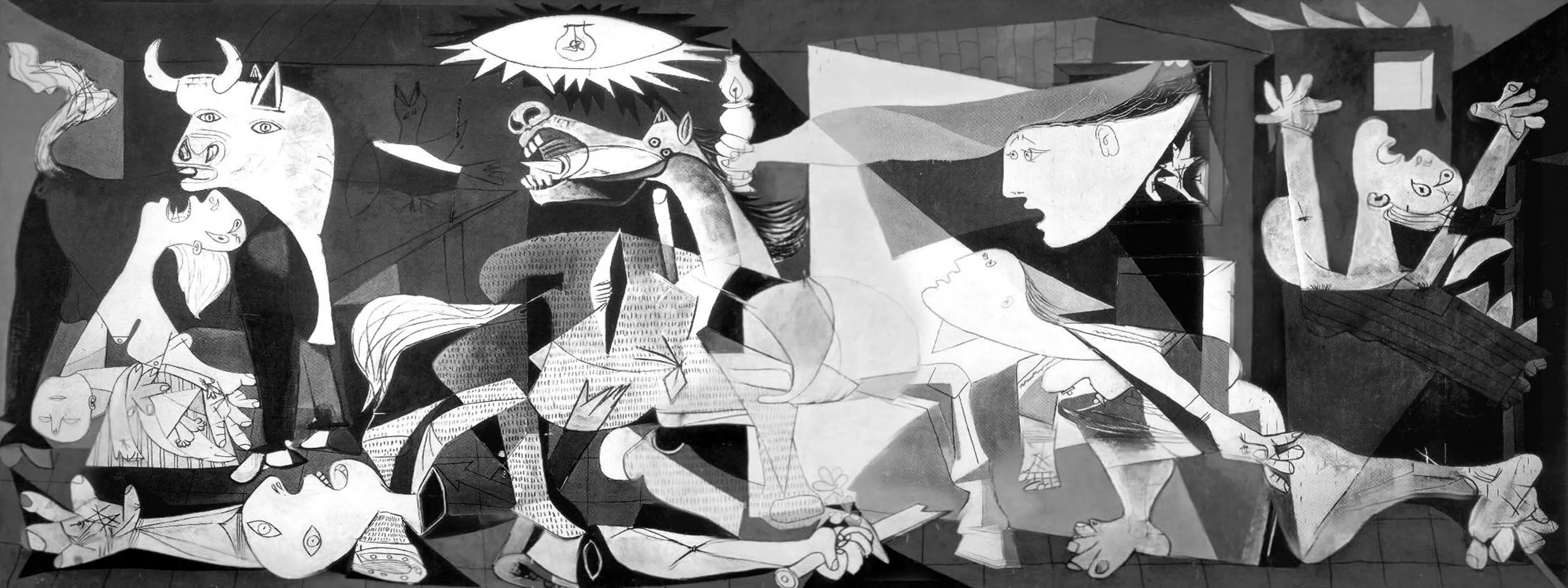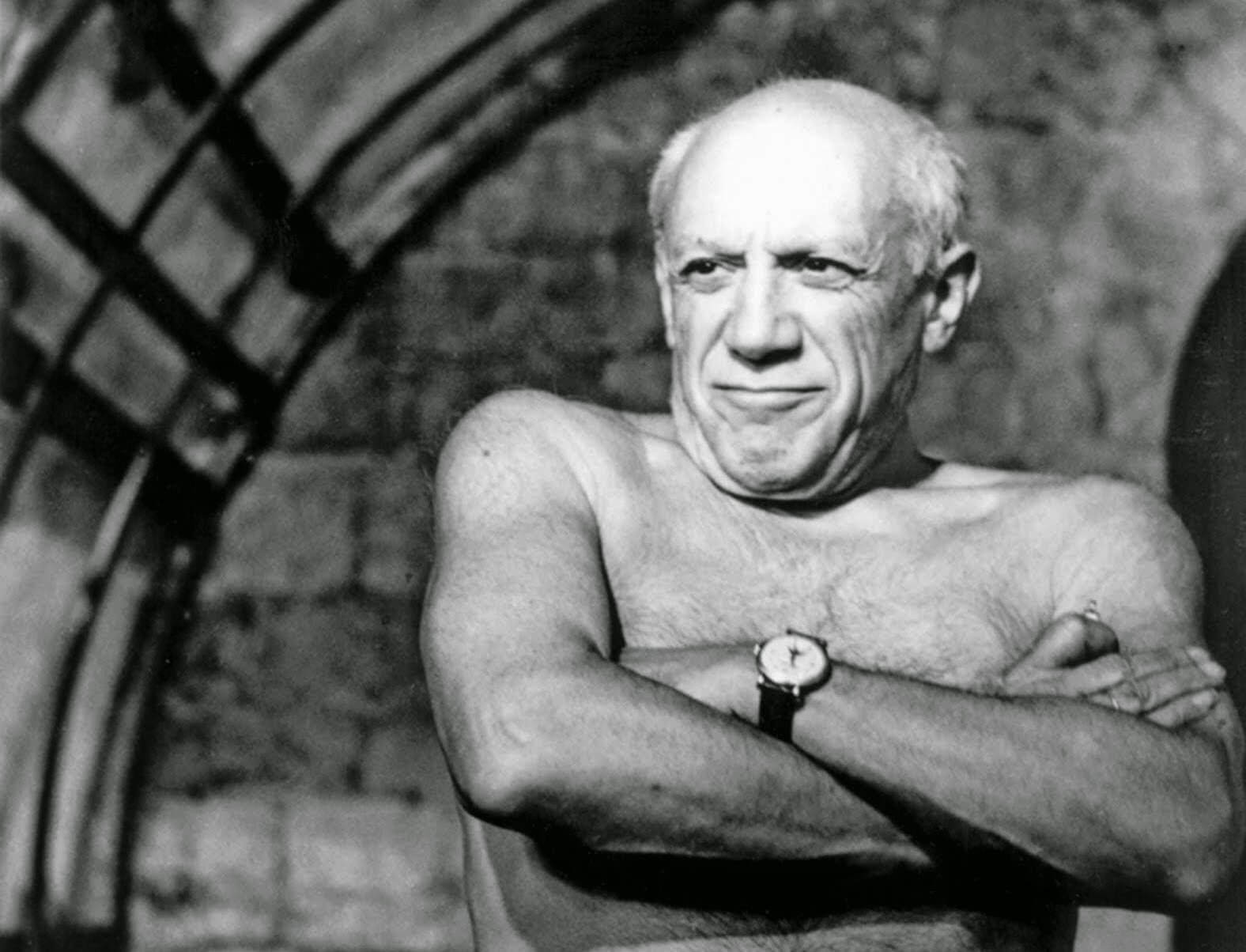Why are creative people so weird?
What do eccentricity and cognitive disinhibition have to do with innovation?
It’s common to think that the only skill needed by someone embarking on an entrepreneurial journey is social ability — after all, you need to sell, negotiate, and close deals. Social ease is indeed important, but recently, there has been increasing emphasis on innovation and creativity as competitive strategies. In this case, cognitive disinhibition becomes crucial.
Dreams are the unfalsified manifestations of unconscious creative activity. — Carl Jung
Everyone wants to innovate. It’s arguably the most valuable asset a company can possess today. Yet, there is no formula for innovation — no universal principle or specific type of professional that guarantees it. But one thing is certain: mentally uninhibited people tend to be more creative, and they’re often a little odd. Conventional wisdom tells us there’s a strong link between creative individuals and eccentric lifestyles, and neuroscience backs this up. Studies have explored the connection between schizoid personality disorder and high levels of creativity. Many of history’s great creative minds were undoubtedly eccentric.
Creativity, at its core, is simply the ability to bring something new into existence. But when you think about it, what’s new is often strange because it disrupts the familiar, the norm.
Weird: adj. Unusual, out of the ordinary. / Rare, exquisite, excellent. / Well-crafted, distinctive. / Fam. Extravagant, singular, eccentric. / Eccentric, moody, unconventional. / Bras. Ugly, poorly dressed.
 Gernica - Pablo Picasso
Gernica - Pablo Picasso
Van Gogh, who famously cut off his own ear yet remains one of the most celebrated post-impressionist painters. Steve Jobs, known for his emotional intensity, revolutionized personal computing. And Michael Jackson, well, he was Michael Jackson. Plato noted that the greatest poets were often somewhat mad, and Aristotle observed that creative people tended to suffer from melancholy. There are countless examples linking creative genius with eccentric behavior or even psychological challenges.
The beauty of the creations conceived by these geniuses comes from a rich inner life, but also from a pain that can only be soothed through creation. The disregard that many creative individuals have for the external world (their often subversive attitude) indicates a deep investment in their inner world. For them, time spent in their own minds is more fulfilling than engaging with the outside world. To an eccentric creative, it’s safer to retreat inward than to risk friendships, conversations, and relationships in a world full of disappointment.
This inward focus allows them to push the boundaries of what’s considered normal — or, as I would say, to push the barriers of “adjacent possible.”. They let their minds express whatever emerges from the information stored within, uninhibited by external judgment, shyness, or pressure. Inside their heads, it’s the most comfortable place to be — a space free of constraints, shame, or concern for the status quo.
The more they engage with their inner world, the more comfortable they become with creating new realities. But as they distance themselves from the external world, they often struggle to understand or follow social protocols and the unwritten rules of life.
A pain that can only be soothed by creation.
Libido can be understood not only as sexual desire but also as a drive for knowledge, mastery and power, as recognized by Saint Augustine. It’s an energy that propels individuals to seek fulfillment. When this introspective libidinal energy builds to a certain point, it must be released, or it leads to deep dissatisfaction, which, over time, can cause illness. This process also fuels intellectual creation. Interestingly, the psyche undergoes a similar process when we love. For artists, their work is a passion — they are in love with their creations.
To conclude: Creating is at the core of being. It is a matter of feeling better. It is a lifestyle (often revolting) that is reflected in every detail of a person’s personality.
Even the Creation of the world and the universe, as envisioned by Heinrich Heine, reflects a similar idea (rough translation):
Sickness was the reason
That gave birth to all creation;
By creating, I could recover,
By creating, I became healthy.
Songs of Creation — New Poems (1844)
Here, the voice speaking is that of God.
Originally published on Medium
